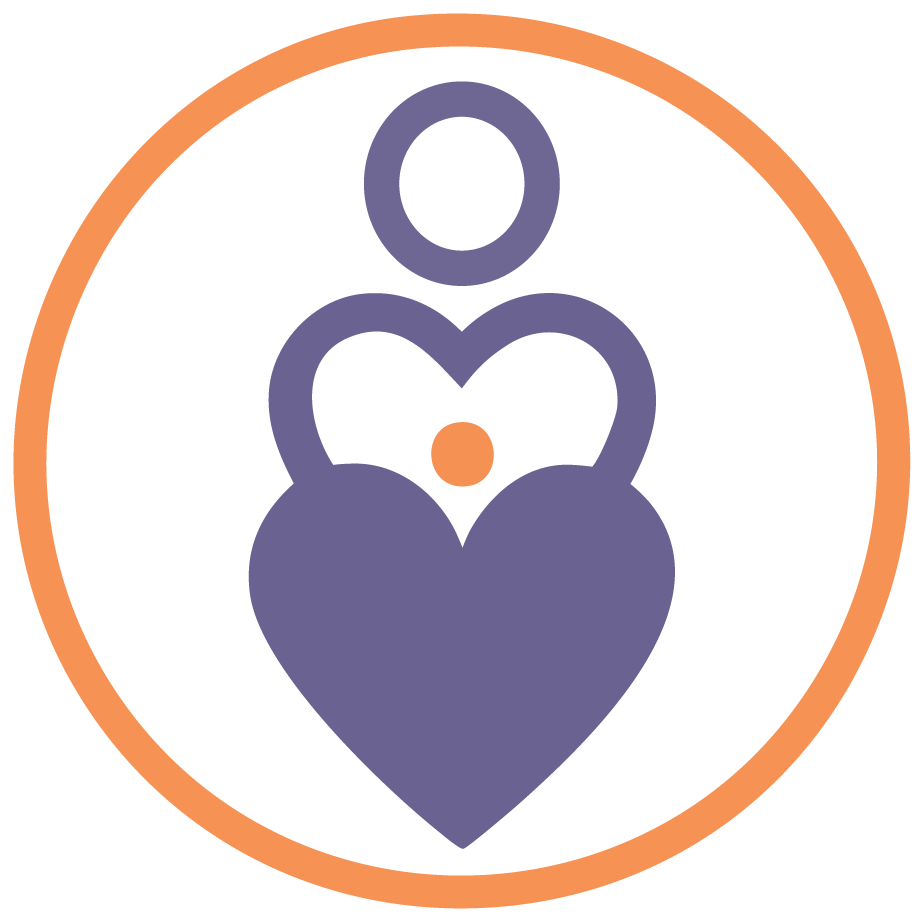What is Heart Led Psychology?
A founding principle of Heart Led Psychology is that power that comes from the heart will always be greater than power that comes from the mind. At a fundamental level I might even say that power from the heart comes from connection, while power from the mind comes from control. Of course both the heart and mind are useful in certain contexts. Control without compassion can lead to domination and disconnection, while compassion without boundaries can lead to burnout or codependency. But I wonder if our society has tilted too far to one side. Brené Brown discusses this from a related angle in her research on “power over” versus “power to.” “Power over” implies control and dominance, often stemming from fear and a belief in limited resources. On the other hand, “power to” focuses on empowering others and fostering collaboration, recognizing that shared power can be more effective and fulfilling.
Let’s evaluate the human mind. The poor thing has a tendency toward fear. Evolutionarily, to survive, our minds have developed what psychologists call a “negativity bias.” Human beings evolved to focus on the negative (information or events potentially harmful to our wellbeing) to survive and protect ourselves from predators and dangers out in the fields and jungles we used to inhabit. The problem with this of course in modern society is that there are far fewer lions, tigers, and bears out to get us. So instead our minds naturally make up things to be fearful about: maybe that we’re falling behind in life, or we’ll never find love, or my colleague doesn’t like me, etc. etc. The mind has a tendency to do what is does best - THINK. And most of those thoughts are inaccurate. Research and clinical psychology suggest a significant portion—possibly up to 70–80%—of our spontaneous thoughts may be distorted, unhelpful, or not entirely true. And we have about 6,000 thoughts a day! That’s a lot of pointless thinking. Yet somehow, despite the fact that that science tells us most of our thoughts are pointless, our society still prizes the intellectual and the analytical. Discussion of the heart, emotion, and the power of connection is seen as “soft science” or somehow less valid. As the state of the world is demonstrating the risks of mind-based “power over” forms of control we may hope this will start to change.
Luckily, newer research coming out is actually demonstrating that connecting with our bodies and the intuition that comes from there—if you’re tuned in—can actually help you make better decisions and help with all those pointless thoughts! For example, in 2010, Dunn et al. published a study in Psychological Science showing that people who were better at perceiving their internal bodily states (e.g., heartbeat detection) made better decisions in complex, uncertain tasks. Dr. Steven Porges, who developed Polyvagal Theory, describes the concept of “interoception” as the nervous system’s ability to detect internal bodily signals, such as heart rate, breathing, and physical sensations, that inform our physiological state and influence our emotional and behavioral responses. This internal somatic awareness is very tightly linked to neuroception—the brain’s subconscious detection of safety or threat. This is way deeper than all the chatter in our prefrontal cortex—this is what our most primitive brain areas like the amygdala are sensing. These unconscious signals impact our behaviors, our thoughts, and our emotions. Cognitive-Behavioral Therapy is based on changing our distorted thoughts. I was trained extensively in this method of treatment in graduate school. And there is plenty of research showing that this form of this therapy decreases symptoms depression and anxiety. It has helped my clients - it helps people cope! But at a deep level this still facilitates living at the level of the mind, trapped in thought, which is inherently a fear-based stance.
What I have found is that for people who have experienced trauma, which honestly is everyone to some extent because no one has gone through life unscathed, learning how to get in touch with body sensation facilitates a deeper level of healing—one where you learn how to trust yourself and quiet the noise of the mind. The name Heart Led Psychology came to me while visiting Angkor Wat in Cambodia. This immense temple complex, often referred to as the 8th wonder of the world, was built around the 12th century. While there I felt the connection that these ancient people had to each other, to spirit, to their soul, to something greater than themselves. I hope we have not lost that. My practice with Heart Led Psychology intends to make sure we haven’t.

